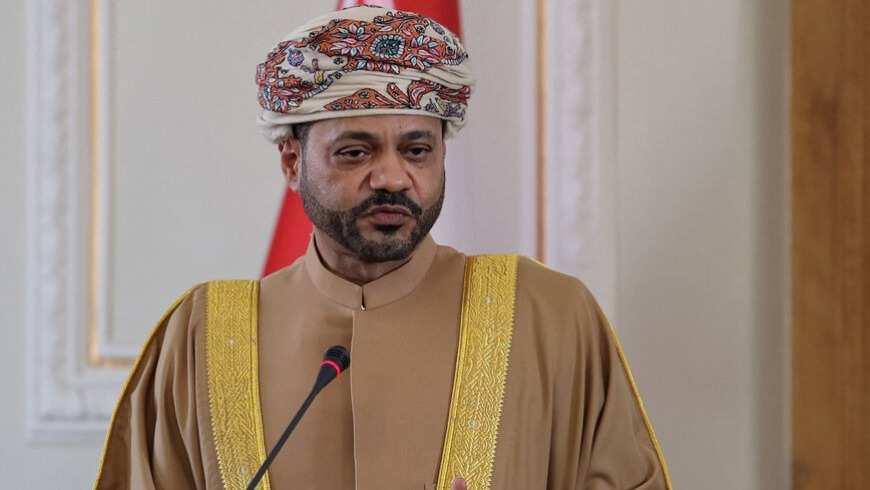The Minister of Foreign Affairs of the Sultanate of Oman, Sayyid Badr al-Busaidi, shared details about the correspondence between the United States and the Syrian regime concerning the kidnapped American journalist, Austin Tice. Busaidi emphasized the potential for normalization with Bashar al-Assad as a viable solution to the Syrian crisis.
During an interview with Al-Monitor, Busaidi discussed the communication between Washington and the Syrian regime regarding the Tice issue. He described Amman’s role in facilitating dialogue between the two parties as “constructive, positive, and proactive,” highlighting that it wasn’t simply a matter of neutral stance but rather an actively engaged approach.
The Omani minister emphasized his country’s commitment to fostering a sustainable environment of security and stability. He stressed the importance of creating conditions that allow for the prosperity of people and future generations.
Round Trip
On May 16th, The Cradle revealed that secret talks took place in Muscat, the Omani capital, between the United States and a delegation from the Syrian regime. These meetings involved security officials and representatives from both countries’ foreign ministries.
While Busaidi did not deny hosting these talks, he confirmed that there was an exchange of messages between Washington and Damascus, facilitated to some extent by Muscat. He noted that messages were being exchanged back and forth, although he couldn’t assert that the United States and the Syrian regime were closer to finding a solution. Nonetheless, he expressed hope that the ongoing process would continue.
Regarding the integration of Syria into the international community, Busaidi acknowledged that certain issues and individuals still needed resolution. He expressed optimism that Syria would eventually become fully integrated and emphasized the importance of normalization with Assad as the best approach to resolve the Syrian crisis.
Additionally, the Omani foreign minister believed that renewed engagement with Syria could address various challenges faced by the country, such as the refugee issue and cross-border drug smuggling. He suggested that Syria’s return to the Arab League would enable it to tackle these problems and meet the requirements for healing, reconstruction, and reconciliation. He acknowledged that there were Western concerns about Assad’s willingness to make concessions for global normalization but pointed to the Arab League’s ministerial contact group as a platform to address key issues with the Syrian regime.
This article was translated and edited by The Syrian Observer. The Syrian Observer has not verified the content of this story. Responsibility for the information and views set out in this article lies entirely with the author.


